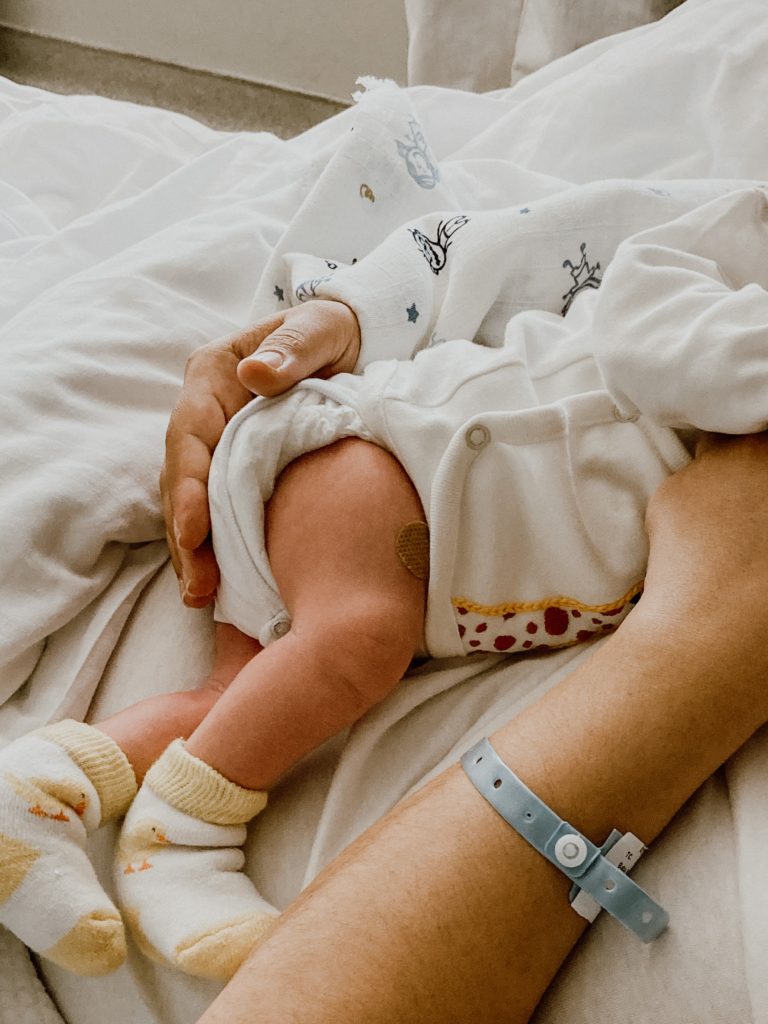If your baby is about to be born and is projected to be premature or you have already had your baby before 37 weeks, you must be full of worries about their care and everything you have to pay special attention to. And it is not for less, because premature babies are exposed to many more risks than a full-term newborn, and therefore, here we will tell you everything you need to know about the care of a premature baby.
RISKS FOR A PREMATURE BABY
The risks of a premature newborn are largely due to their small size and the lack of development of their organs, such as the respiratory, digestive and immune systems and their skin, which causes them to be exposed to various complications that can damage your baby’s health. Also, there are undeveloped motor reflexes and behaviors that can make feeding and other activities difficult.
Premature babies can be born with health problems and are more susceptible to infections of all kinds, respiratory problems, are more sensitive to cold and may have difficulty feeding at the mother’s breast. These risks are present in all babies born before 37 weeks gestation and only increase the earlier the birth.
HOSPITAL CARE
The first care that should be given to a premature baby will be given in the hospital, where the infant will be taken to a neonatal intensive care unit (NICU), where they will be given a controlled and protected environment where they can be kept safe until they can be discharged. Here, their temperature, weight, breathing and feeding will be monitored through constant monitoring, medical equipment to help them breathe and specialized feeding plans.
In order to be discharged, premature infants must be able to maintain their temperature in an open crib for 24 to 48 hours, do all of their feedings from a bottle or breast without the aid of tubes or other aids, and be gaining weight steadily. This is usually achieved within 2 to 4 weeks of being in the NICU.
HOME CARE

After discharge, premature babies are in a better condition, but it is necessary to be extremely careful with infections, making sure that whoever touches the baby has disinfected hands and is not sick. It is also essential that the baby does not get cold, preferably being in skin-to-skin contact with the mother’s breast. It is also necessary that he/she receives all his/her vaccinations and has regular visits with the pediatrician, as well as following the indications given by the NICU. It is important to remember that your baby may still develop breathing problems, sleep apnea and have difficulty eating from time to time, so it is important to have good communication with your pediatrician.












